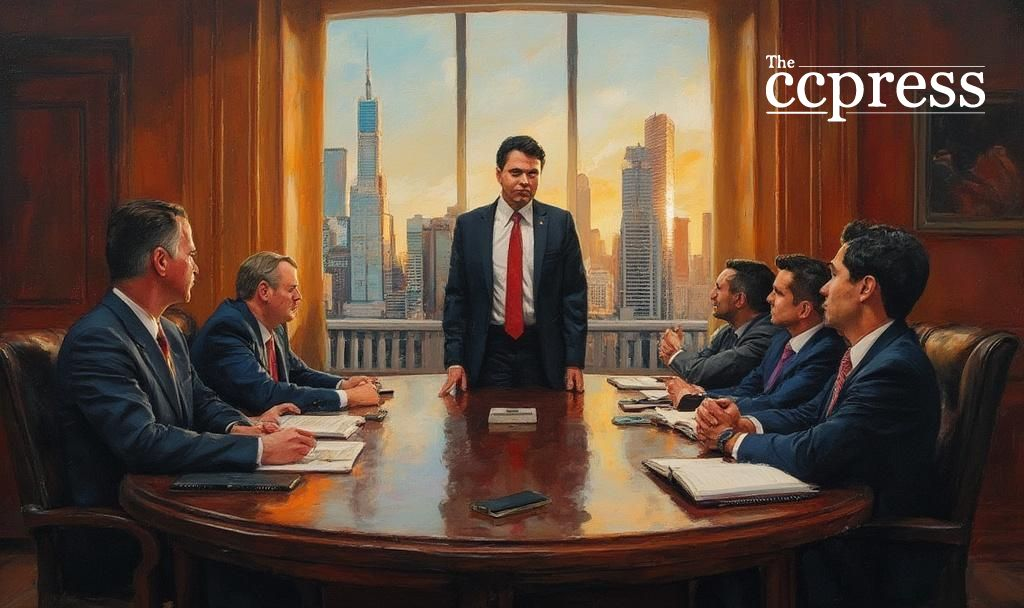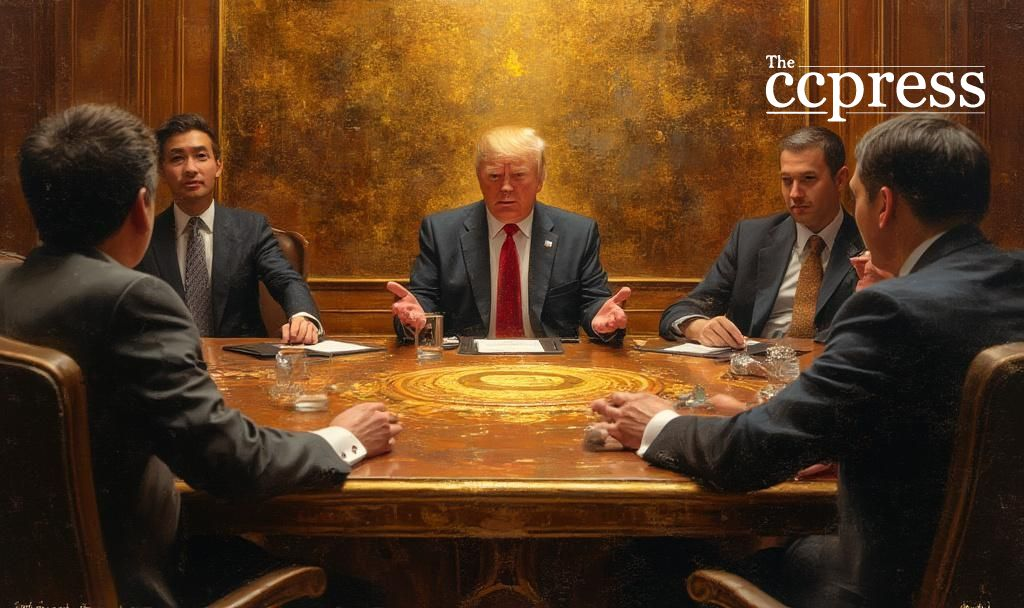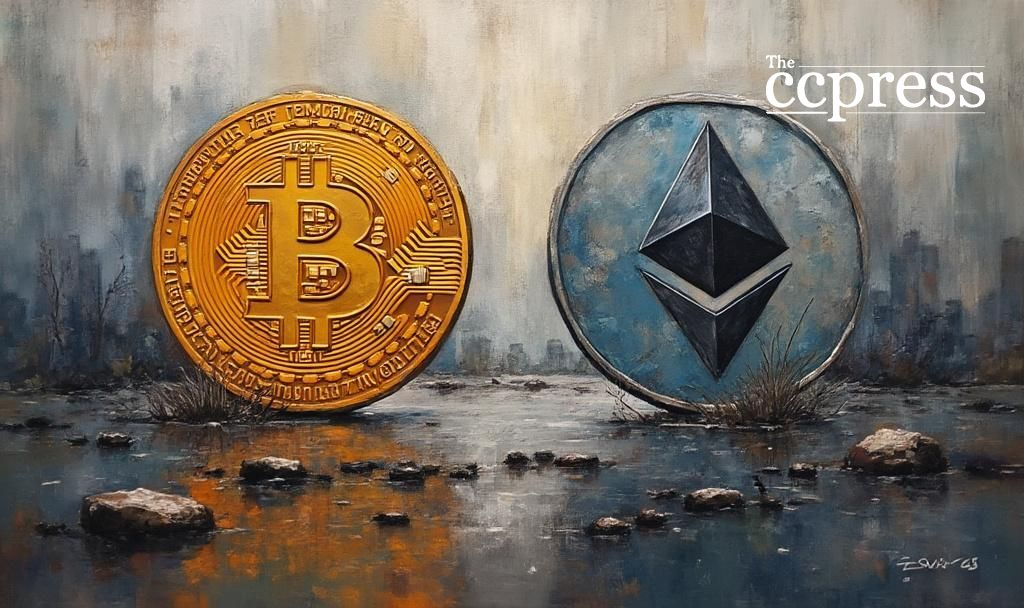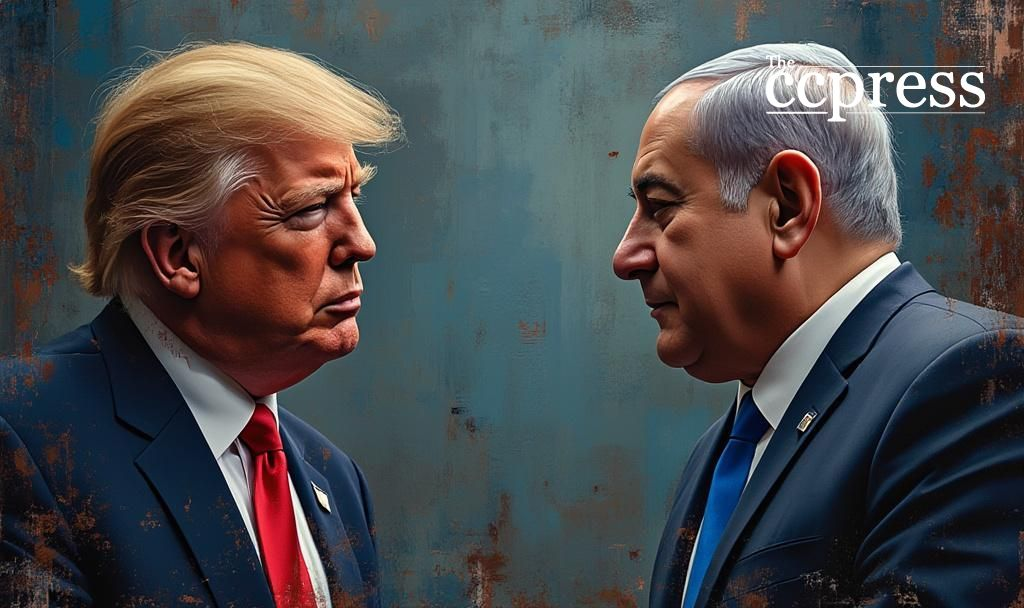- Main event centers on U.S.-Israel coordination with Iran.
- Involvement of Trump and Netanyahu.
- Potential volatility in cryptocurrencies due to geopolitical risk.
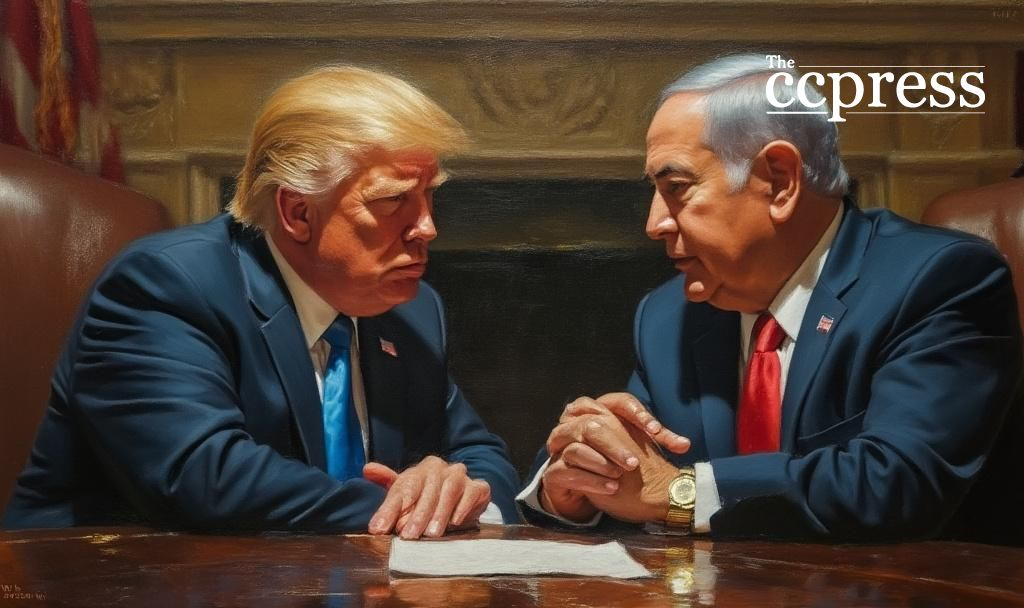
U.S.-Israel coordination on Iran’s nuclear threat highlights today’s heightened geopolitical tensions. Immediate market concerns revolve around potential impacts on global financial markets and cryptocurrencies.
Officials in Washington and Jerusalem are focusing discussions on security matters. Donald Trump aims to solidify U.S. policy, while Netanyahu seeks strong defensive measures. Both leaders have a history of aggressive responses towards Iran.
“We discussed a lot of things, and it went very well. Very smooth. We’ll see what happens. You know, we’re trying to do something with a country we just spoke about—Iran. […] Sometimes they can be too tough. That’s the problem. So, we are trying to make a deal so that there’s no destruction and death.” — Donald Trump, Former U.S. President
Increased cryptocurrency volatility is anticipated, affected by the political talks regarding Iran. Historical patterns suggest risk assets like BTC and ETH might react. Crypto markets remain sensitive to Middle Eastern political shifts.
Signs of market caution are evident as past conflicts indicate temporary market downturns. Investors typically turn to safe-haven assets, increasing stablecoin inflows. The current situation reflects historical volatility trends due to geopolitical uncertainty.
Crypto communities are yet to release new reactions. However, market analysts expect significant market swings. Data from past Middle Eastern conflicts show temporary crypto downtrends, spotlighting the impact of today’s unfolding geopolitical discussions.
| Disclaimer: The content on The CCPress is provided for informational purposes only and should not be considered financial or investment advice. Cryptocurrency investments carry inherent risks. Please consult a qualified financial advisor before making any investment decisions. |







